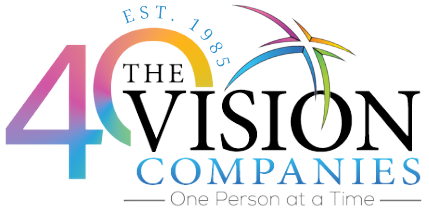
When you’re hiring for an open position, you have a few requirements in mind to help you select the right candidates. Most of them are what experts refer to as “hard skills.” These are skills that are learned through education or training. But you may also want to look at “soft skills” or the personality traits that allow your new employee to succeed in your company. Let’s take a look at some of the most common traits in both categories.
Soft Skills
These skills are the intangibles that a candidate can bring to the table. These are skills that are learned over time and with experience rather than through education.
- Communication: Your employees have to communicate not only with management or other team members, but they may also need to communicate with the public or customers. Good communication is more than just face-to-face, it also applies to the phone, email, and texting.
- Time management: You always want to be sure that your employee understands the urgency of the work they’re doing and how to prioritize projects. Time management will mean they can get more done within work hours without stretching themselves too thin.
- Positive attitude: Anyone can have a bad day, and workplaces can sometimes be stressful. That’s why having a positive attitude is so important in the office. You want to hire someone who is excited to be there and knows how to regulate their emotions positively.
Hard Skills
Hard skills are trainable skills. While someone may demonstrate an aptitude in certain skills, the specifics that they learn along the way will inform their overall work experience.
- Computer skills: Your employees may need to bring a comfort level with technology to the table. Many aspects of an office or industrial environment rely on computers to be effective and productive. For example, in an office, someone should know Microsoft Office, including Word or Excel.
- Machine operation: In your manufacturing environment, you won’t want to hire someone to work on a specific machine if they’ve never had a similar experience in the past. This includes knowledge of warehouse safety and operations.
- Second language: For many companies, hiring employees who know more than one language can be hugely beneficial. Native speakers can help reach other audiences and increase representation among communities.
Are you looking for candidates who have the right skills and are a match for your company culture?
Work with the staffing professionals at The Vision Companies today. Visit our website to see how we can enhance your hiring process!



